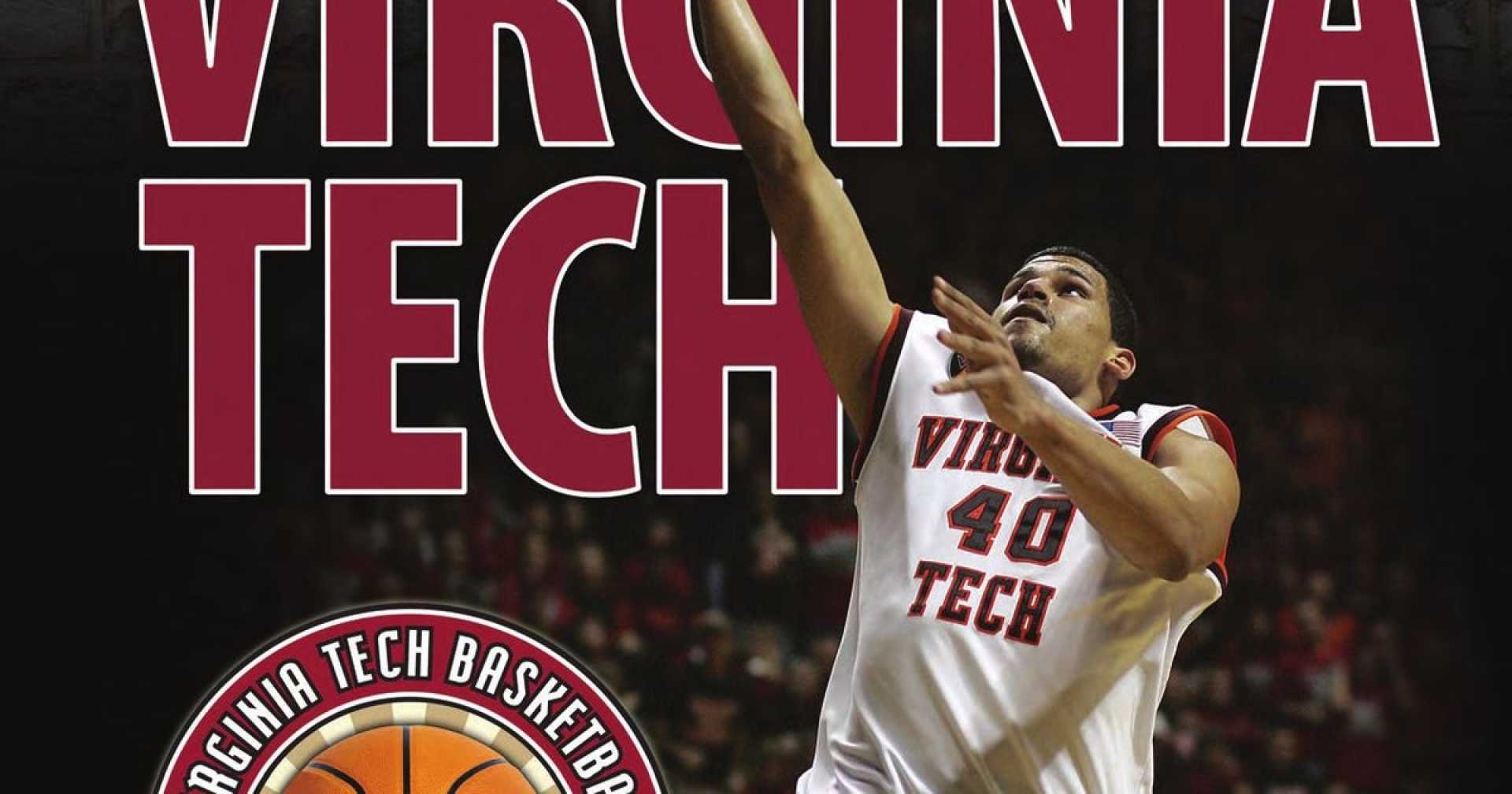Sports
Tony Bennett Addresses Virginia Basketball’s Recruitment Strategy Amid Recent Challenges

Since taking over as head coach in 2009, Tony Bennett has transformed the University of Virginia’s (UVA) basketball program into a formidable force. Bennett’s leadership saw the team reach the NCAA tournament seven times between 2012 and 2019, claiming a top seed five times and culminating in a national championship win in 2019.
However, the period following the championship has shown challenges for the Cavaliers. Notably, Bennett’s team has not secured a tournament win since their title victory. The Cavaliers missed the tournament in 2022 and experienced early exits as a four-seed in both the 2021 and 2023 tournaments, beaten by lower-seeded teams, Ohio and Furman, respectively.
The 2020 NCAA tournament was canceled due to the COVID-19 pandemic, adding a two-year gap in postseason play. In 2024, the Cavaliers barely qualified for the tournament as a First Four team, facing a significant first-round loss to Colorado State.
In light of these outcomes, questions have arisen about Bennett’s coaching methods, particularly his defensive-style play, and its compatibility with contemporary college basketball. Despite the disappointing performances, Bennett received a contract extension through 2030 earlier this year, signaling the university’s expectation of future successes. However, current preseason rankings suggest a challenging season ahead. Virginia is not listed in the AP top 25 and is ranked 78th by KenPom and 65th by Bart Torvik.
Recently at the ACC Media Tipoff, Bennett spoke about the necessity of adapting the Cavaliers’ recruitment and roster strategies to suit the evolving landscape of college sports, marked by the transfer portal and NIL (Name, Image, Likeness) deals. “It’s a time that is unprecedented in college athletics,” Bennett acknowledged.
Bennett explained a new focus on short-term roster building, using two-year increments rather than redshirting players for longer periods, which was a hallmark of the program’s past. “The way we’re thinking with this team, you know, kind of in two-year increments,” he remarked, indicating a shift to developing players quickly amid increased transfer activities.
This approach aligns with changes within the 2024-25 team roster, where only two seniors are set to graduate, suggesting continuity and developmental opportunities for core players such as Isaac McKneely, Elijah Saunders, Blake Buchanan, and TJ Power.
Virginia’s potential future lies in balancing current competitive play with nurturing younger talent like Ishan Sharma and Jacob Cofie. Bennett’s strategy aims to maximize immediate performance while laying the groundwork for sustained success.












